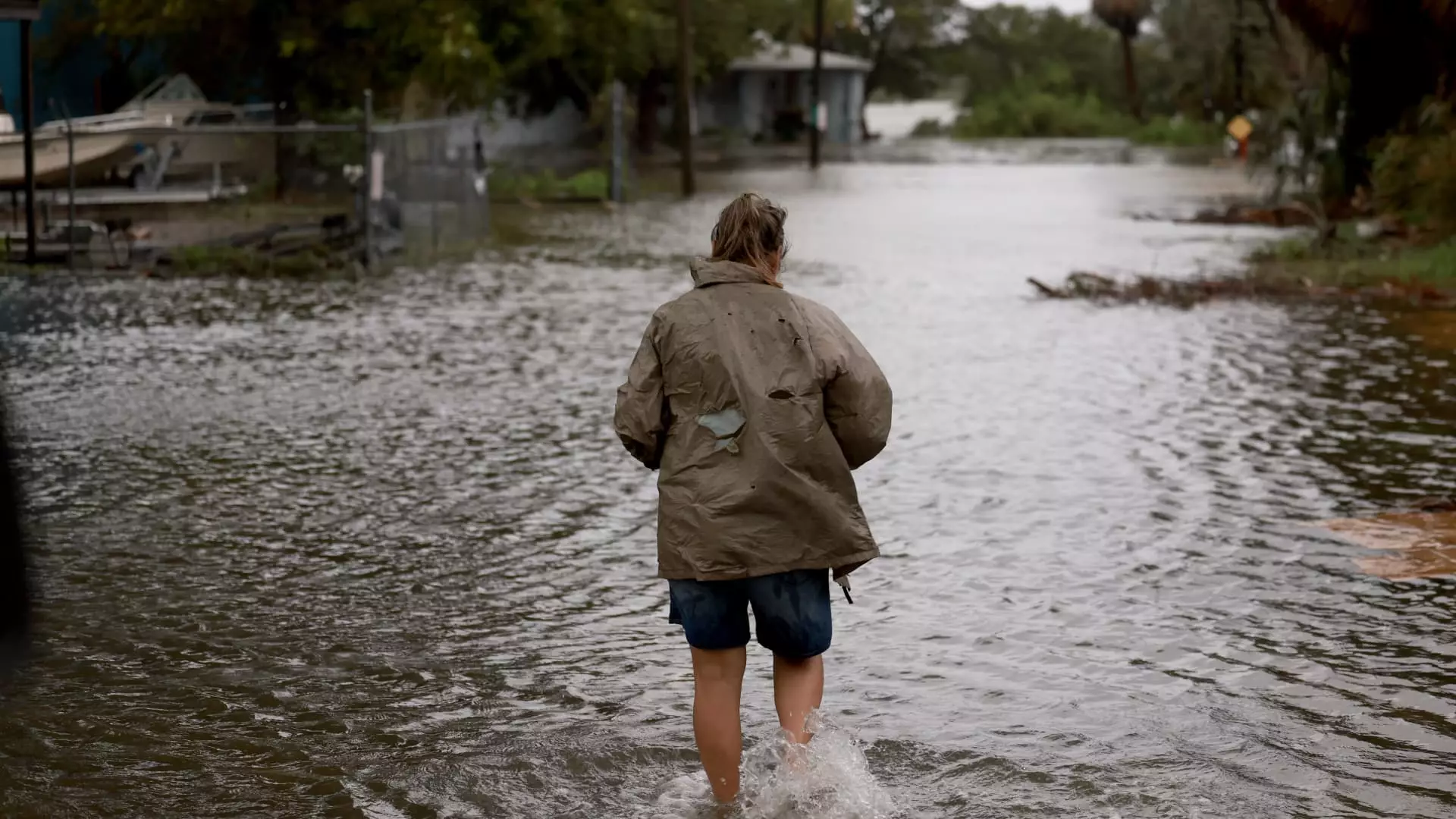Recent events have highlighted the devastating impact of flooding on homes and personal property. With climate change leading to more intense storms and consequent flooding, homeowners are increasingly at risk. While many homeowners may have flood insurance, there are important limitations to consider when it comes to coverage, especially for items stored in basements.
One of the key points to note is that flood insurance generally does not cover personal property or items stored in basements. This limitation can be surprising and frustrating for policyholders who assumed their flood insurance would provide comprehensive coverage. According to FEMA, a basement is defined as any area of a building with a floor below ground level on all sides, including sunken living rooms or lower levels of split-level buildings. This broad definition can catch homeowners off guard when it comes to coverage.
FEMA’s flood policies explicitly exclude certain items from coverage in basements. These items include personal property like furniture, electronics, and other valuables, as well as basement improvements such as finished walls or flooring. Additionally, generators, dehumidifiers, and items not connected to a power source are also excluded from coverage. This means that if your basement suffers flood damage, you may not be able to recoup the cost of these items through your flood insurance policy.
While NFIP policies offer limited coverage for items in basements, policyholders have the option to purchase additional “contents coverage” to extend protection to certain items. For example, clothes washers, dryers, air conditioners, and food freezers can be covered under this additional policy. However, it is crucial to review the details of your policy and understand what items are included in your coverage to avoid any surprises in the event of a flood.
In addition to NFIP policies, private insurers also offer flood insurance and may provide broader coverage for items in basements. Depending on the insurer, policyholders may have the opportunity to customize their coverage to include more items and higher coverage limits. It is essential to compare different insurance options and choose the policy that best suits your needs and budget to ensure adequate protection against flood damage.
Given the limitations of flood insurance coverage for basements, it is advisable for homeowners to take proactive measures to protect their belongings. This includes moving valuable or irreplaceable items to higher ground or storage units to minimize the risk of damage in the event of a flood. By planning ahead and safeguarding your possessions, you can minimize the financial impact of flood damage and ensure a smoother recovery process.
Understanding the limitations of flood insurance coverage for basements is crucial for homeowners to make informed decisions and protect their assets. By knowing what items are excluded from coverage and exploring additional insurance options, policyholders can effectively mitigate the risks associated with flooding and ensure proper protection for their homes and belongings. Stay informed, review your policy details, and take preventive measures to safeguard your property against the unpredictable nature of floods.

